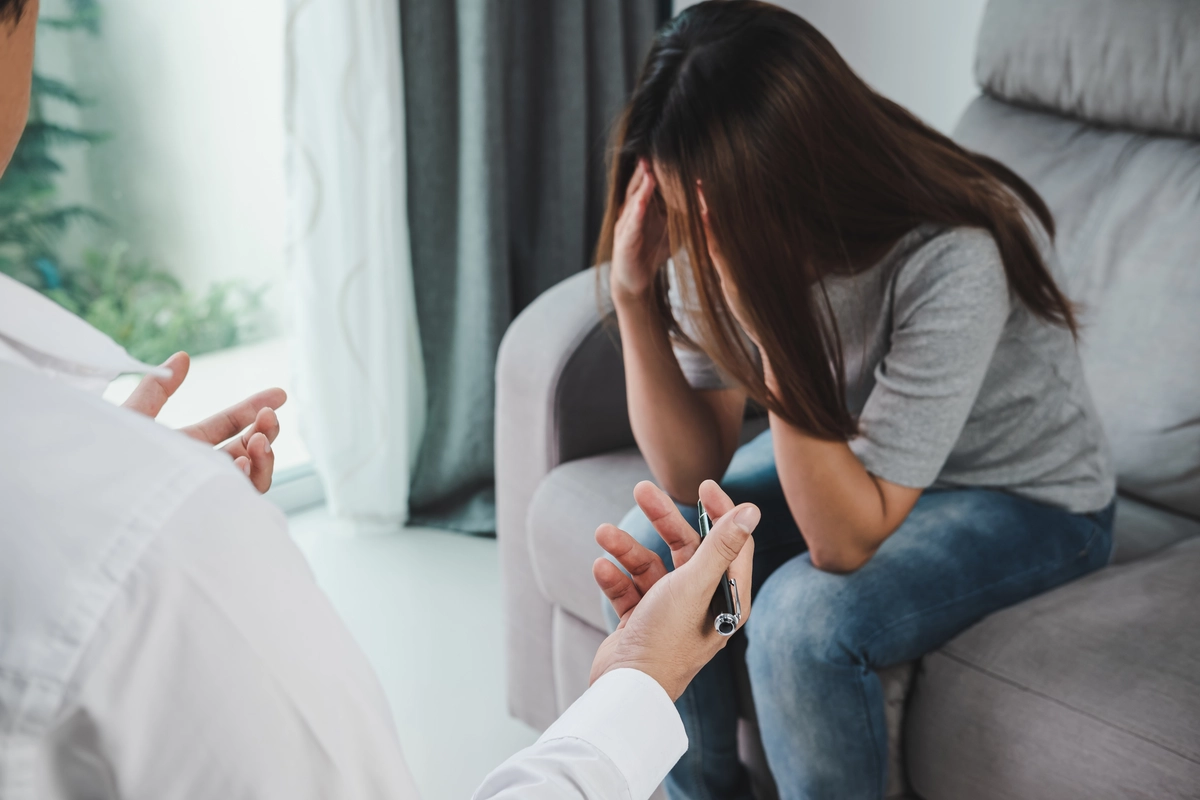24/7 Helpline:
(866) 899-221924/7 Helpline:
(866) 899-2219
Learn more about PTSD Rehab centers in Seneca
PTSD Rehab in Other Cities

Other Insurance Options

Health Partners

Health Choice

Meritain

Humana

CareSource

Magellan

Horizon Healthcare Service

Cigna

ComPsych

Amerigroup

Sliding scale payment assistance

Aetna

CareFirst
Beacon

Sutter

Optima

Providence

Molina Healthcare

American Behavioral

MHNNet Behavioral Health







New Life Renewal Services
New Life Renewal Services is a private rehab located in Cranberry, Pennsylvania. New Life Renewal Se...





















































































































Discovery House
Discovery House - Smith Drive offers effective outpatient treatment that promotes holistic recovery....

Accessible Recovery Services
Accessible Recovery Services - Smith Drive provides the very best comprehensive medical care to thos...

Gateway – North Hills
Gateway – North Hills is a private rehab located in Cranberry, Pennsylvania. Gateway – North Hills s...

Gateway North Hills
Gateway North Hills is a private rehab located in Cranberry, Pennsylvania. Gateway North Hills speci...




































































































